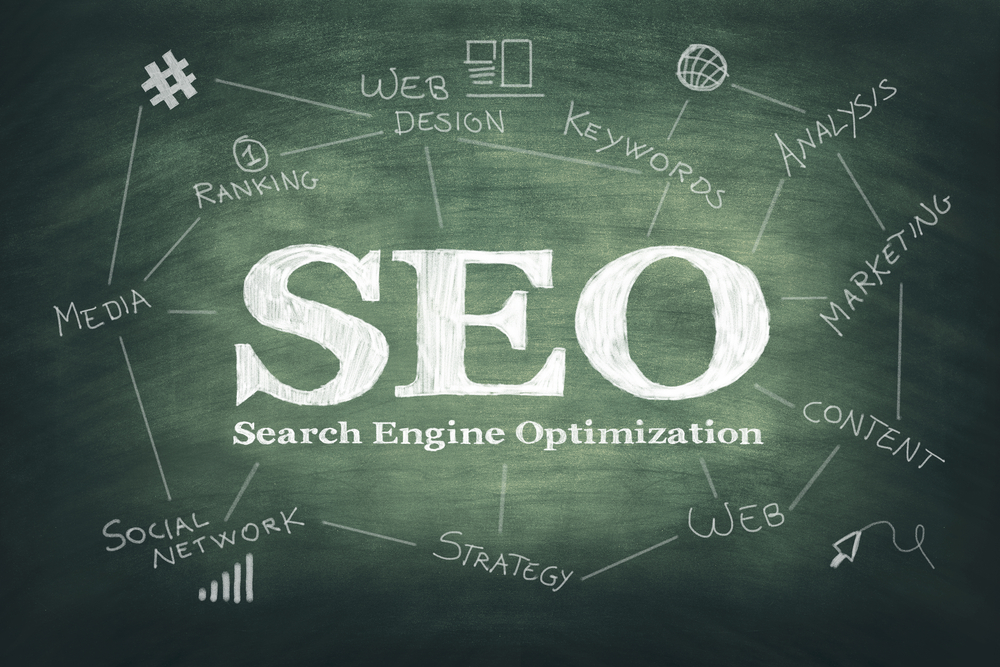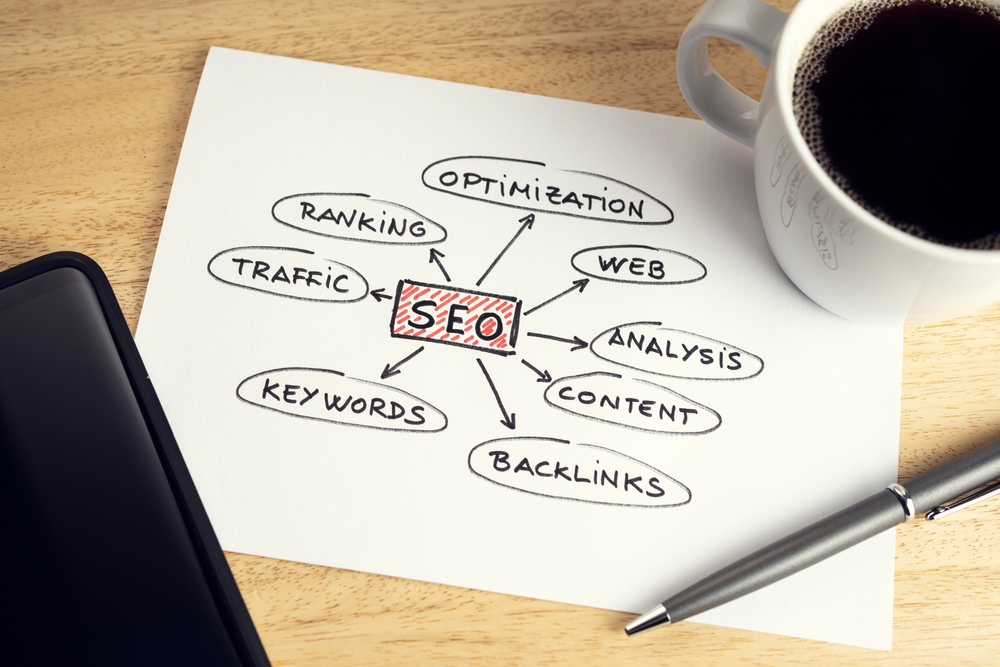
Boost Your Website's Ranking: Essential SEO and Link Building Tips

In today's digital age, having a strong online presence is crucial for any business or website. With millions of websites competing for attention, it's important to implement effective strategies to ensure your website ranks high on search engine results pages (SERPs). One of the most effective ways to improve your website's visibility is through search engine optimization ( SEO/SEM ) and link building. In this article, we will discuss some essential tips to boost your website's ranking and increase organic traffic.
1. Understand the Basics of SEO
SEO is the process of optimizing your website to improve its visibility on search engines. It involves various techniques such as keyword research, on-page optimization, technical SEO, and off-page optimization. Keyword research helps you identify the terms and phrases your target audience is searching for. On-page optimization involves optimizing your website's content, meta tags, headings, and URLs with relevant keywords. Technical SEO (search engine optimization) ensures that your website is crawlable and indexable by search engines. Off-page optimization focuses on building high-quality backlinks from other reputable websites.
2. Conduct Comprehensive Keyword Research
Keyword research is the foundation of every successful SEO (or SEM) strategy. It allows you to identify the most relevant and valuable keywords for your website. Start by brainstorming a list of potential keywords related to your industry, products, or services. Use keyword research tools like Google Keyword Planner, SEMrush, or Ahrefs to find keyword ideas and analyze their search volume and competitiveness. Choose keywords with a healthy balance of search volume and competition. Long-tail keywords, which consist of three or more words, are often less competitive and more targeted, making them an excellent choice for ranking higher.
3. Optimize Your On-Page Elements
Once you have your list of target keywords, it's time to optimize your website's on-page elements. Start by optimizing your page titles and meta descriptions. Make sure each page has a unique, descriptive, and keyword-rich title tag that accurately represents the content. Craft compelling meta descriptions that entice users to click through to your website from the search results. Additionally, optimize your headings (H1, H2, H3, etc.) by incorporating relevant keywords naturally. Ensure your URL structure is clean and contains relevant keywords to improve readability and search engine visibility.
4. Focus on High-Quality Content
Content is still king when it comes to SEM/SEO . Google's algorithm prioritizes high-quality, relevant, and informative content. Create content that provides value to your target audience and matches their search intent. Incorporate your target keywords naturally throughout the content, including in headings, paragraphs, and image alt tags. Aim for long-form content that goes in-depth on a topic and provides comprehensive information. The more value your content offers, the higher the chances of attracting organic backlinks from other websites.
5. Build High-Quality Backlinks
Link building plays a crucial role in SEO and can significantly impact your website's ranking. Google views backlinks as votes of confidence from other websites, indicating that your content is valuable and trustworthy. However, not all backlinks are created equal. Focus on acquiring high-quality backlinks from authoritative and relevant websites in your industry. One effective way to do this is through guest blogging. Reach out to industry influencers or related websites and offer to write a guest blog post in exchange for a backlink. Additionally, create shareable content that naturally attracts backlinks from other websites.
6. Utilize Social Media
Social media platforms provide an excellent opportunity to promote your website and increase its visibility. Share your content on popular social media platforms like Facebook, Twitter, LinkedIn, and Instagram. Engage with your audience by responding to comments, sharing valuable insights, and actively participating in relevant groups and communities. The more your content is shared and engaged with on social media, the more exposure it receives, potentially leading to more organic backlinks and improved search engine visibility.
7. Monitor and Analyze Your Website's Performance
Regularly monitoring and analyzing your website's performance is crucial to understanding its strengths and weaknesses. Use tools like Google Analytics and Google Search Console to track important metrics such as organic traffic, bounce rate, average session duration, and conversions. Analyze the data and identify areas where you can optimize your website further. Monitor keyword rankings to see how your SEO efforts are paying off and make adjustments as needed.
Frequently Asked Questions:
Q1: How long does it take to see results from SEO efforts?
A1: SEO is a long-term strategy, and it may take several months to see significant results. However, with consistent efforts and optimization, you should start noticing improvements in your website's ranking and organic traffic within a few months.
Q2: Is link building still important for SEO?
A2: Yes, link building remains an important aspect of SEO. High-quality backlinks from reputable websites can significantly impact your website's ranking and visibility on search engines. Focus on acquiring natural and relevant backlinks through guest blogging, creating valuable content, and participating in industry communities.
Q3: Can I do SEO on my own, or do I need professional help?
A3: While you can certainly implement basic SEO strategies on your own, hiring a professional SEO agency or expert can provide several benefits. They have in-depth knowledge and experience in the field, keeping up with the latest trends and best practices. They can develop and execute a comprehensive SEO strategy tailored to your specific goals and industry.
Q4: What is the difference between on-page and off-page SEO?
A4: On-page SEO refers to optimizing the elements on your website itself, such as content, meta tags, headings, and URLs. Off-page SEO, on the other hand, involves activities outside of your website, such as link building and social media marketing, that influence your website's visibility and authority.
Q5: Are there any shortcuts or quick fixes for SEO?
A5: No, there are no shortcuts or quick fixes for SEO. It requires continuous efforts, monitoring, and optimization. Avoid black hat SEO tactics such as keyword stuffing, buying backlinks, or plagiarizing content, as they can result in penalties from search engines.
In conclusion, implementing effective SEO and link building strategies can significantly improve your website's ranking and visibility on search engine results pages. By conducting thorough keyword research, optimizing on-page elements, creating high-quality content, and building authoritative backlinks, you can boost organic traffic and attract your target audience. Stay up-to-date with the latest SEO trends and continuously monitor your website's performance to ensure long-term success.
Other useful resources
- https://www.seoguru24.com/services/link-building/
- https://simple.wikipedia.org/wiki/Search_engine_optimization
- https://www.seoguru24.com/website-promotion/